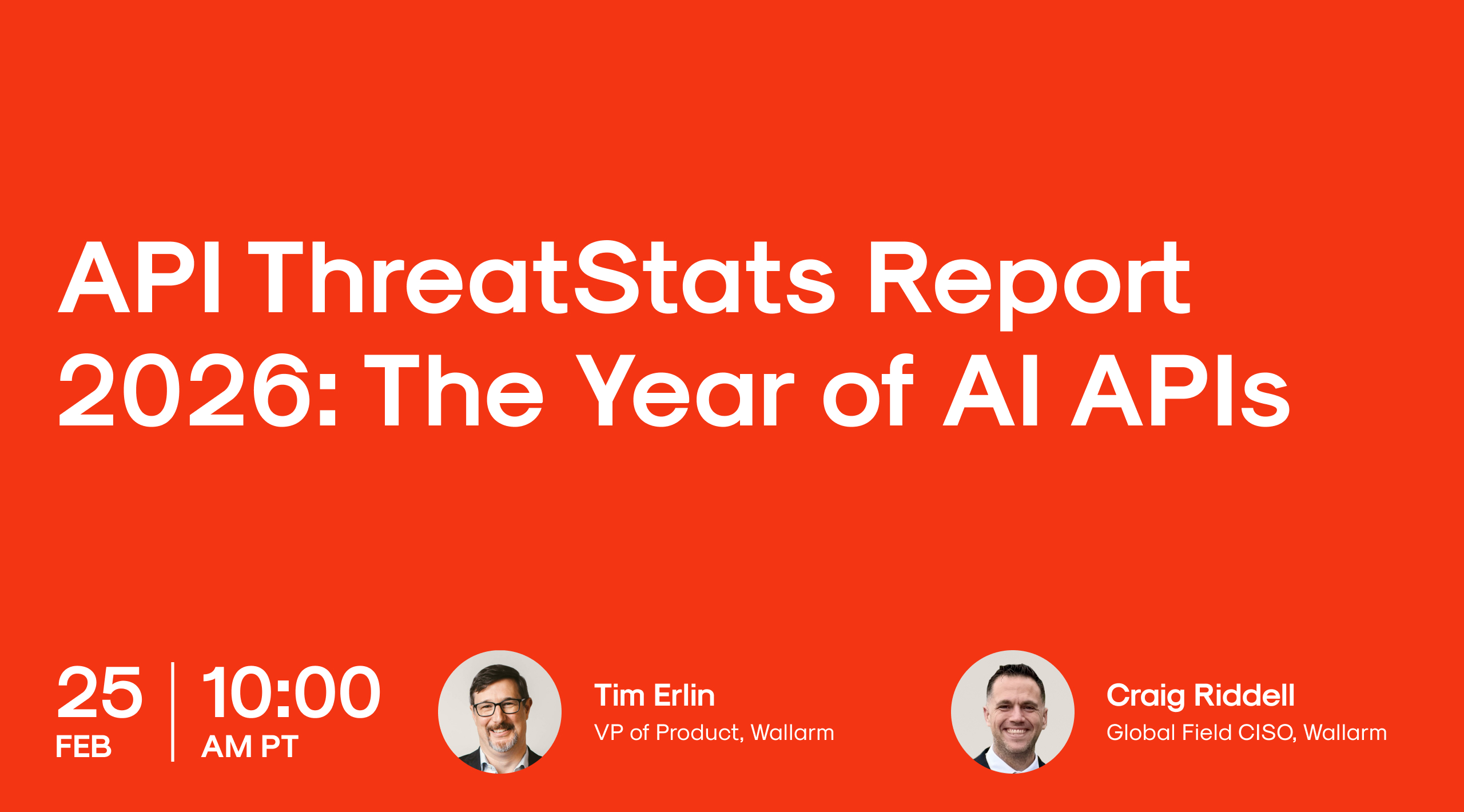What is DNSSEC? How does it work?
The Domain Name System (DNS) is the network responsible for translating human-friendly domain names like www.google.com into an IP address, so that any device with an internet browser can connect to a website. The security of the DNS is important because it allows you to access websites and other resources using their real domain names instead of using their IP addresses.
In order to secure your DNS, you need to configure your DNS server with a set of special rules called DNS Security Extensions (DNSSEC). These extensions will validate each request coming from a user or a computer and ensure that it’s coming from the system that you expect it to come from.
The first time you enable DNSSEC on your server, it may take some time for DNSSEC validation to be completed and for new records created in the zone file by your server. However, after enabling DNSSec on your server once, future updates will take place much faster as DNSSEC configuration only requires adding one zone to DNSSec instead of two zones like when configuring SPF or DKIM signing.
In this blog post we’ll cover what DNSSEC is and why you should be using these extensions if you want to secure your DNS.

What Is DNS Security?
The Domain Name System Security Extensions (DNSSEC) are security extensions to the Domain Name System that provide authentication, data integrity, and non-repudiation features. DNSSEC uses public key cryptography to allow two parties to exchange digital signatures.
DNS Security allows users to verify if a hostname is who they say it is. This can be useful for authenticating mail servers or other services that rely on validation of identifying information.
Another benefit of DNSSEC is the ability to prevent a malicious user from modifying DNS records in your name. If your website’s DNS records have been tampered with, users will have no idea there’s been a problem because they still see your website by its original domain name.
How DNSSEC Works
DNSSEC is a security extension that was designed to secure the Domain Name System. What this means is that DNSSEC provides an added layer of security to the DNS by making sure that users are connecting to the right website and not someone else’s fake website.
If you’re running a website, your DNS server must be configured with DNSSEC extensions so that your visitors can view your website in a secure manner without any risk of getting their personal information stolen or having their requests for resources redirected to somewhere else.
The Benefits of Using DNSSEC
DNSSEC is a powerful tool for securing your DNS. It will add an additional layer of security to your server, which makes it harder for someone to spoof a website or change the wrong IP address.
In addition to being secure, DNSSEC also provides benefits like validation of resources and ensuring that only you can access the resource with its real domain name. This prevents others from accessing the resource from another IP address with a different domain name. If your website was published on Google, anyone who wanted to access it would need to enter their email address in order for you to use their domain name instead of their IP address.
DNSSEC also provides protection against man-in-the-middle (MITM) attacks where your DNS server informs you when it’s been modified by someone else and any changes are incorrect. Because DNSSEC relies on trust, if DNSSEC can be bypassed, then so can the rest of your protections.
Configuring a DNSSec Zone
To configure DNSSEC for your domain, you will need to create a new zone file. This is where all of the configuration information for DNSSEC will be stored and referenced.
The first step in configuring your DNSSEC zone file is naming it. The name of your new zone file can be anything you want as long as it ends with “.dnssec”. The next thing you will need to do is add the “key” that tells how your DNS server is going to authenticate requests coming in from the network. You can enter this information either manually or by doing a quick search on google.com for “private key generate dnssec key”.
Conclusion
As the internet has evolved, so has the way we use it. DNS Security Extensions use HTTPS to encrypt the connection between your computer and the DNS server. This means that even if someone were to hack into your DNS server, they would not be able to see the data. There are a number of benefits to DNSSEC including the ability to publish verified information on the internet, provide security, and allow for easier internet browsing. For these reasons, DNSSEC is a must-have for modern day websites.
FAQ
References
Subscribe for the latest news

















